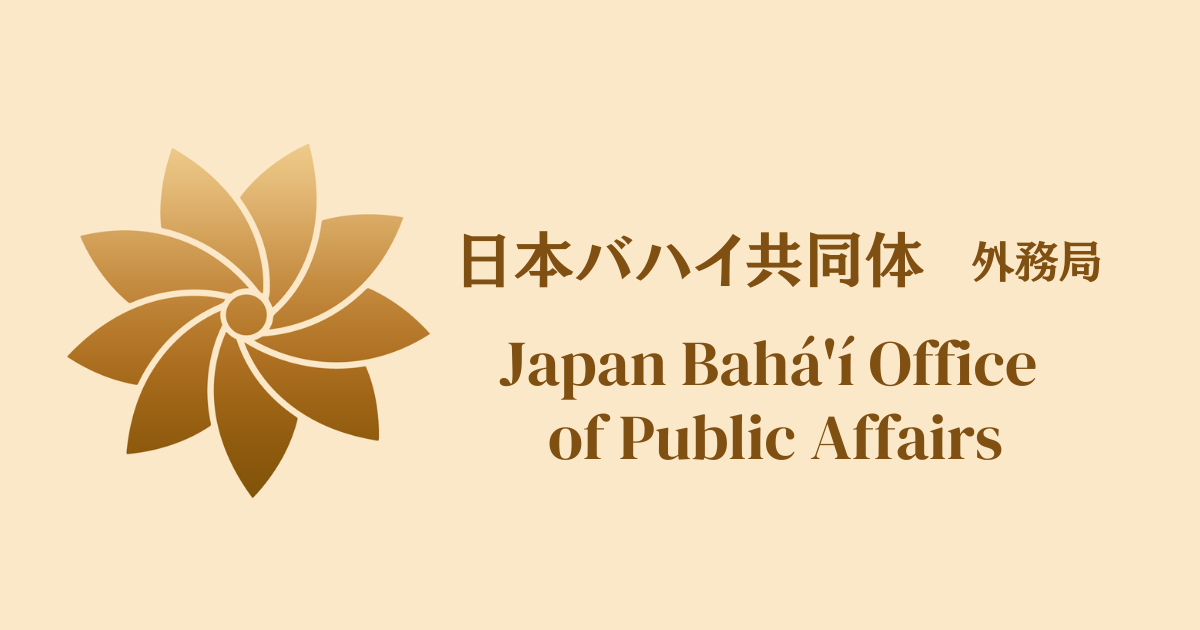Tahereh Arjomandi Siyavashi, 30
Her husband, Jamshid Siavashi, was executed two days earlier.

生い立ち
- 1953年、テヘランに生まれる。
教育・仕事
- タヘレはテヘランで優秀な成績で卒業証書を取得し、数カ月後の1972年にジャムシッド・シアバシと結婚、その後夫婦でテヘラン近郊のチェンダル村に移り住む。(Uplifting Words)
- テヘラン大学看護学部を受験するために登録した。また、海外留学のための試験も受けられると言われ、アメリカ合衆国への渡航も計画された。しかし、彼女はイランにとどまり、テヘラン大学で勉強を続けることにした。週に1、2回はテヘランに通い、授業を受けていた。(Uplifting Words)
- 看護師として働き、ヤスージ病院では 「モデル・ナース・オブ・ザ・イヤー(年間模範看護師) 」に選ばれるなど、高い評価を受けた。(Uplifting Words)
- タヘレ・アルジョマンディは当初、シラーズのファテヒネジャド病院に勤務していたが、保健省が大規模なバハイ追放を始めた時期に、1年で解雇された。その後、私立ミル病院に就職し、約3年間勤務した。米国に住む彼女の兄は、タヘレ・アルジョマンディと彼女の夫が自分たちの命を守るために米国に移住するべきだと主張した。しかし、彼らはそれを拒否し、彼女は兄に「母国で同胞のために尽くしたい。」と手紙を書いた。(Uplifting Words)
家族について
- 1978年末、夫の職場が集団で襲撃され、略奪され、店が破壊された。その後、タヘレ・アルジョマンディは、バハイ信教に従ったという理由で、またしても解雇された。数日後、彼女の夫ジャムシド・シアバシを知る市の警察署長が電話で、地元の人々のグループが聖職者の支援と扇動を受けて、夜間に彼らの家を襲撃し、彼らの場所を略奪した後にイスラム教に改宗させることを計画していると告げた。また警察は介入しないとも告げられた。夜中、夫婦はシラーズへ向けて出発し、その街で新しい生活を始めることになった。(Uplifting Words)
バハイ活動
- シラーズ地方精神行政会のメンバーとして奉仕した。 (Bahai-Library.com)
逮捕と処刑
- 1982年10月23日、治安部隊は夫婦の家を襲撃し、ジャムシッド・シアバシを逮捕しました。40日後の12月1日、タヘレも逮捕された。(Uplifting Words)
- タヘレ・アルジョマンディさんがイスラム教に改宗するために肉体的な拷問を受けたという報告はありませんが、家族との面会では精神的な拷問を受けたと語っています。例えば、夫がイスラム教徒になったから自分もそうしろと言われたり、夫が拷問されて死んだと言われたりしたそうです。ジャムシードの取調室に連れて行かれ、夫への圧力や拷問を目の当たりにさせられたこともあります。(Uplifting Words)
- タヘレは投獄中、修得した技術を活かして他の囚人の世話をした。(出典?)
- アルジョマンディさんは、拘留中、尋問を受け、信仰を否定するよう圧力をかけられていた。さらに、Khabar-e Jonoob新聞に掲載されたインタビューによると、この事件を裁いたシャリーア判事は、シラーズイスラム革命裁判所の所長であり、バハイに「最愛なるイスラムの腕に避難し…理性的にも論理的にも呪われた(無効である)バハイ信教を拒絶せよ。」と警告したそうです。(Andalib Magazine; Khabar-e Jonoob newspaper, February 22, 1983, Abdorrahman Boroumand Center)
- 2月に刑務所当局がバハイ囚を集めたとき、タヘレは逮捕以来初めて夫に会った。彼はひどく殴られていて、ほとんど見分けがつかなかった。その夜、彼女は眠ることができなかった。刑務所当局は、彼が一晩もつとは思っておらず、看守は彼を気の毒に思い、タヘレに果物を持っていくように頼んだ。しかし、彼はそれを食べることができなかった。彼は多少回復したが、彼女より2日前に絞首刑になった。自分も処刑されることを知ったタヘレは、家族に「ほっとした、うれしかった。」と語った。(Bahai-Library.com)
- 夫ジャムシドの処刑の2日後、タヘレはシラーズのチョガン広場で、他の9人のバハイ女性とともに、宗教的反体制とバハイ信教に従った罪で、30歳の若さで絞首刑にされた。処刑された人々の遺体は遺族に渡されず、墓の場所も不明である。(Uplifting Words)
Early life
- Born in 1953 in Tehran.
Education and work
- Tahereh completed her diploma with honors in Tehran and married Jamshid Siavashi a few months later, in 1972, after which the couple moved to the village of Chendar, near Tehran. (Uplifting Words)
- She registered to take the University of Tehran Faculty of Nursing exam. She was also told she was eligible to take an exam for students wanting to go abroad to study, and plans were made for her to travel to the United States. However, she decided to stay in Iran and continue her studies at the University of Tehran. She traveled to Tehran once or twice a week to attend classes. (Uplifting Words)
- She worked as a nurse and was highly regarded during her service at Yasouj Hospital where was selected as “model nurse of the year.” (Uplifting Words)
- Tahereh Arjomandi initially worked at Fatehinejad Hospital in Shiraz but was fired after a year, at a time when the Ministry of Health began to expel Baha’is on a large scale. She was then employed at the private Dr. Mir Hospital, where she worked for about three years. Her brother, who lived in the United States, insisted that Tahereh Arjomandi and her husband should immigrate to the United States to save their lives. But they refused, and she wrote to her brother that she wanted to serve her compatriots in her home country. (Uplifting Words)
Family
- In late 1978, a group of people stormed her husband’s workplace, looting and destroying the shop. Subsequently, Tahereh Arjomandi was, again, fired for following the Baha’i faith. A few days later, the city’s police chief, who knew her husband Jamshid Siavashi, told them on the phone that a group of local people, with the support and instigation of a cleric, were planning to storm their home at night and force them to convert to Islam after looting their place. He was told that the police would not intervene. In the middle of the night, the couple left for Shiraz to start a new life in that city. (Uplifting Words)
Baha’i activities
- Served on the Local Spiritual Assembly in Shiraz (Bahai-Library.com)
Arrest and execution
- On October 23, 1982, security forces raided the couple’s home and arrested Jamshid Siavashi. Forty days later, on December 1, Tahereh was also arrested. (Uplifting Words)
- There have been no reports of Tahereh Arjomandi enduring physical torture to convert to Islam, but during visits from her family, she talked of psychological torture. For example, she was told that her husband had become Muslim and that she should do the same; other times she was told her husband had been tortured to death. She was even taken to Jamshid’s interrogation room to witness the pressure on, and torture of her husband. (Uplifting Words)
- Tahereh used her training to care for other prisoners during her imprisonment. (source?)
- Ms. Arjomandi had been interrogated and put under pressure to deny her faith during her detention. Furthermore, according to an interview published in Khabar-e Jonoob newspaper, the Shari’a judge adjudicating the case who was the head of the Shiraz Islamic Revolutionary Court, had warned Baha’is “to take refuge in the arms of dearest Islam… and to reject Baha’ism which is intellectually and logically damned [and void].” (Andalib Magazine; Khabar-e Jonoob newspaper, February 22, 1983, Abdorrahman Boroumand Center)
- When the prison authorities brought the Baha’i prisoners together in February, Tahereh saw her husband for the first time since their arrest. He had been so badly beaten that she could barely recognize him. She could not sleep that night. The prison authorities did not believe he would last the night and the guards felt so sorry for him that they asked Tahirih to take him some fruit. But he was unable to eat it. He recovered, somewhat, only to be hanged two days before her. When Tahirih knew that she would also be executed, she told her family that she was relieved and happy. (Bahai-Library.com)
- Two days after her husband Jamshid’s execution, Tahereh was hanged in Chogan Square in Shiraz, at the age of 30, along with nine other Baha’i women on charges of religious dissidence and following the Baha’i faith. The bodies of those executed were not given to their families and the location of their graves is unknown. (Uplifting Words)
